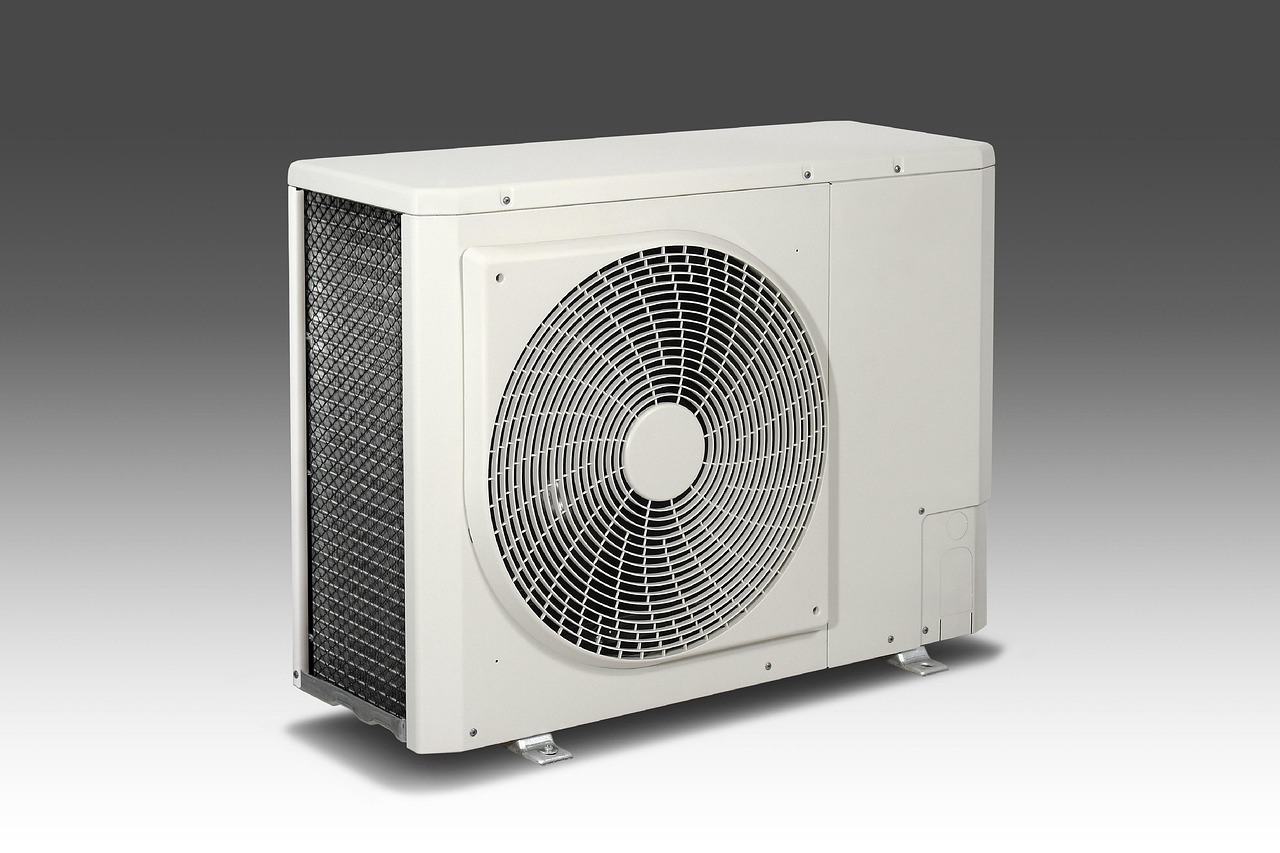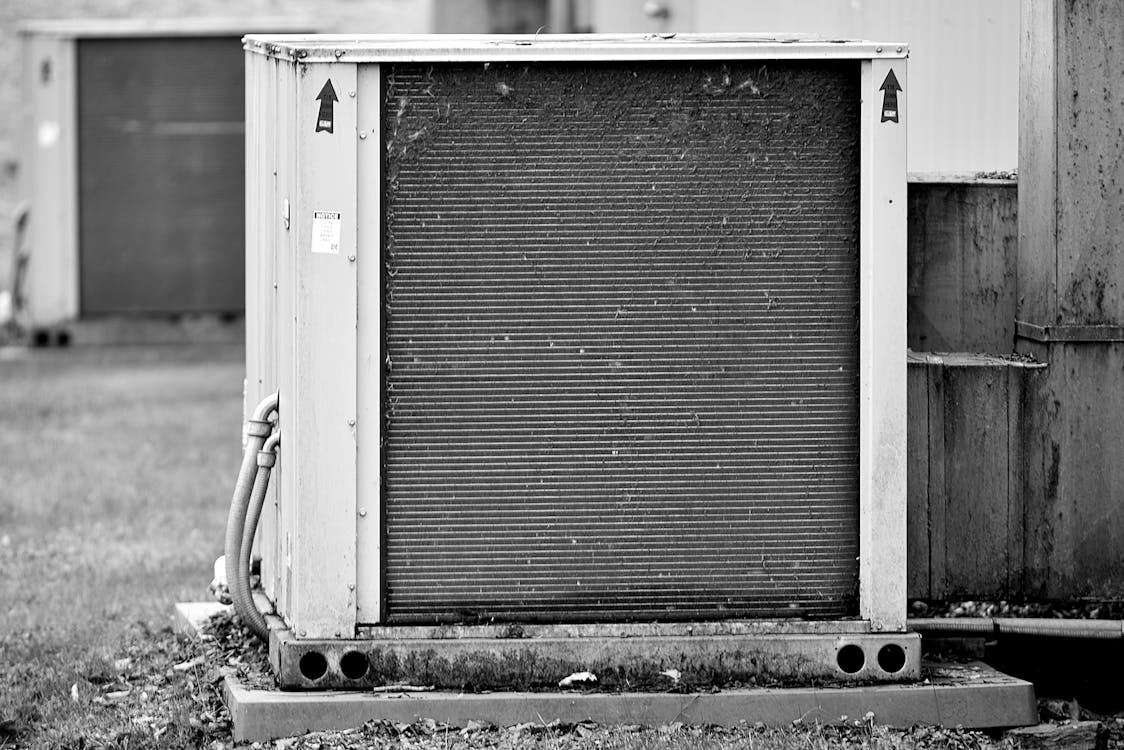What would you do if you had an HVAC emergency on your property? Do you have an HVAC emergency plan? If not, chances are that you will be running around in a panic if and when you have an emergency with your commercial HVAC. If your emergency plan is calling a company like Fusion Repair, this is not enough. We’re going to look at why having a plan is important and what it should include.

Understanding the Risks of HVAC Emergencies
Many people think that an HVAC emergency is just an annoyance. But it can be so much more. Below are some of the risks when you have an emergency in your HVAC system.
- Leaks of Carbon Monoxide – It’s colorless and odorless, but this gas is extremely dangerous. It happens when a combustion appliance malfunctions, and it can cause a lot of health problems, including death.
- Gas Leaks – Gas leaks smell similar to rotten eggs. If you notice this smell, you need to have it checked since it can cause explosions and fires.
- Electrical Issues – Issues like burning smells, tripped breakers and sparking can mean you have problems like faulty wiring that can cause a fire.
- Refrigerant Leaks – Leaking refrigerant can cause problems to your health, such as poisoning, eye and skin irritation, and respiratory issues. Some types are also explosive or flammable.
These are just some of the main possible emergencies.
Key Components of an HVAC Emergency Plan
When it comes to HVAC contingency planning, there are a few steps that you should take to make it as seamless and simple as possible.
-
- Contact Information – You should have the contact information for your contractor that offers emergency services 24/7. You also should have the information for the owner/manager of the building.
- Alternative Options for Heating/Cooling – This includes portable coolers and heaters. You can also use window units for air conditioning or fans.
- Emergency Kit – Having an emergency kit is another good way to prepare. This should include tools such as pliers, a screwdriver and a multimeter to help you do minor troubleshooting. It also should have duct tape for fixing duct leaks temporarily. Finally, flashlights and batteries to help you see in the dark areas, particularly during power outages. It’s also good to have some bandages in case of injuries. It’s also good to have blankets available as well if the heat goes out.
Steps to Create Your HVAC Emergency Plan

Identify Potential Emergencies With Your HVAC
You want to be proactive and think of things that can affect your system.
- Assess the Risks: Figure out what kinds of emergencies can arise, like extreme weather, system malfunctions, and power outages.
- Think About Your Location: Think about where you are located. Are you prone to tornadoes or earthquakes? Do you have huge snowstorms? These are types of weather that can hurt your HVAC.
Create an Extensive Plan
Once you know what can affect your system, you need a plan.
- Assign Responsibilities – Figure out who’s going to be doing tasks, such as calling the techs, monitoring your system, or managing the emergency supplies.
- Create Communication Channels – Figure out reliable ways to communicate with different employees and managers during the emergency.
- Prepare Emergency Supplies & Equipment – Have the equipment we listed above ready to go in case there’s an emergency.
- Become Familiar with any Emergency Procedures – Know where the switches are for the gas and circuit breakers to turn them off quickly.
Benefits of a Well-Executed HVAC Emergency Plan
The best time to create a plan for an emergency with your HVAC is before there’s an emergency. Here are a few reasons to plan ahead.
- Everyone knows the place they should go and what they should do.
- You feel safer because you’re not running around not knowing what to do.
- A plan helps things get done more quickly and keeps everyone safer.
When you are prepared for an emergency, you’ll find that your business and employees can rest much easier. You can’t avoid all emergencies, but you can control how you react to them and whether you’re prepared.
Partnering with Professionals for Success
One of the best things you can do as part of your HVAC contingency planning is to find a company, such as Fusion Repair LLC, that you can call to take care of your business anytime. This way, you don’t have to worry about searching through your phone for someone who can take care of your emergency and wasting precious time.
In Conclusion
Do you have an HVAC emergency plan? If not, make one now. An emergency is something you don’t want to consider. But it might just happen. So you want to be prepared. HVAC planning for emergencies is something that every responsible commercial building owner should do.











